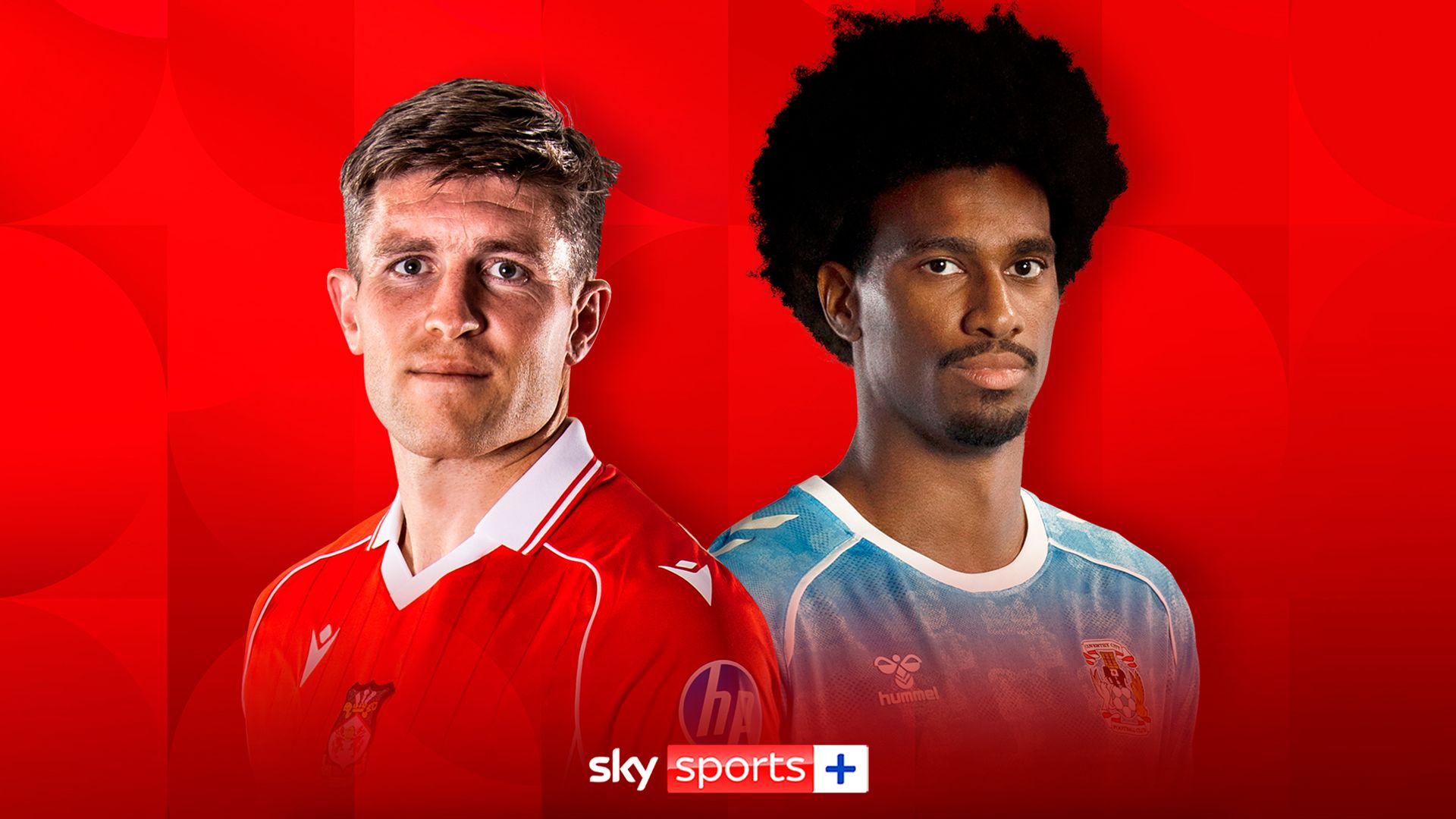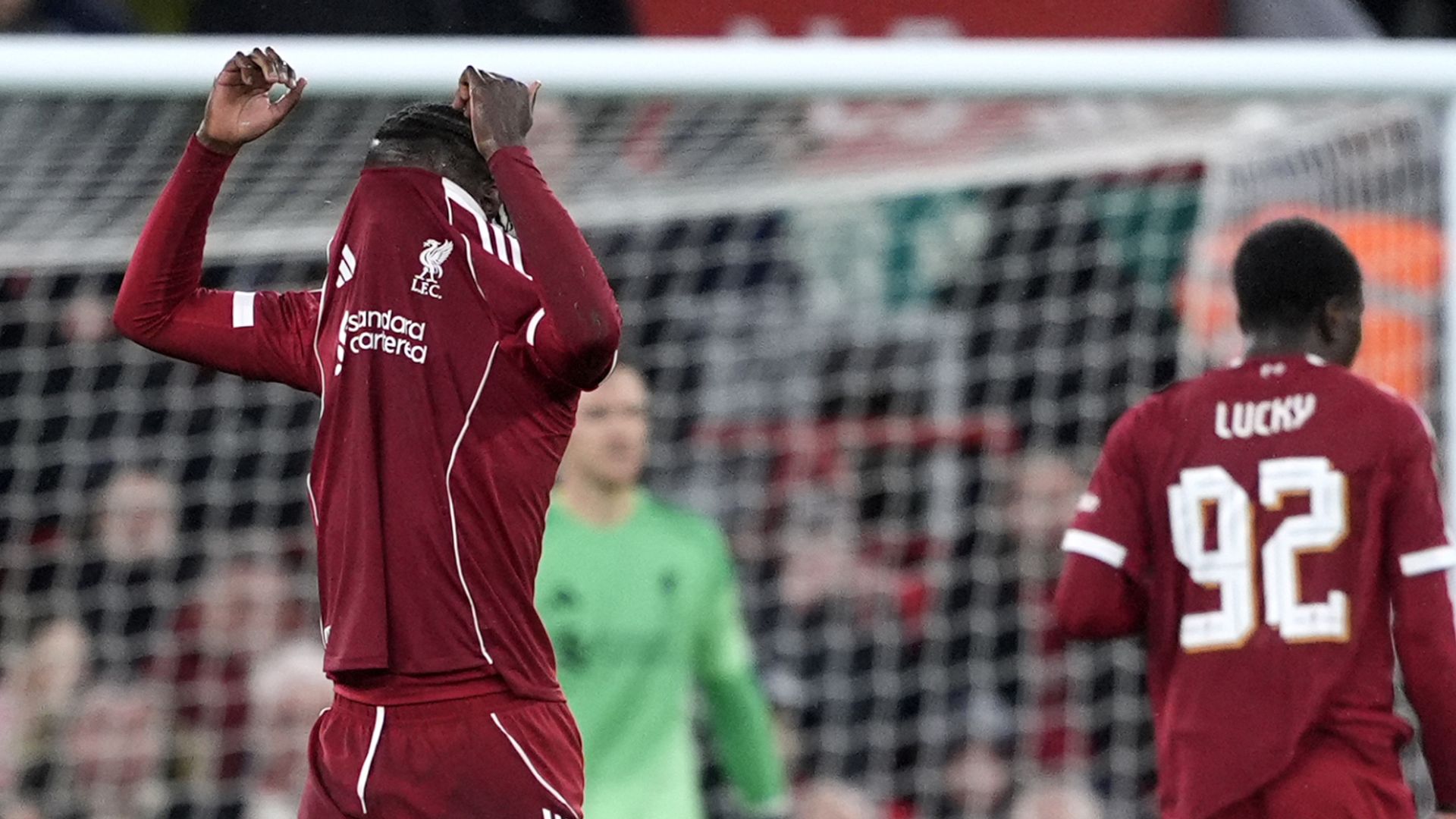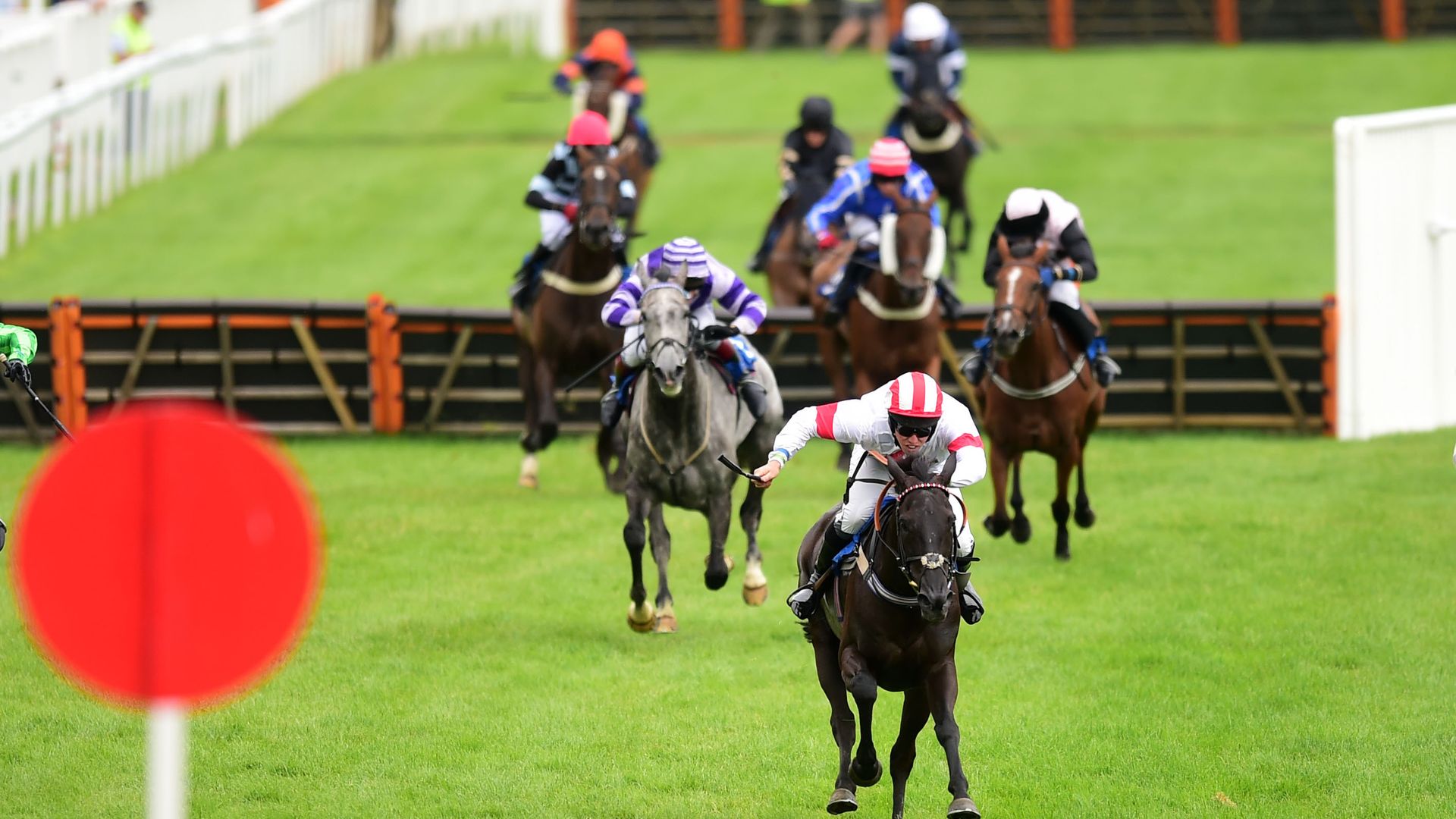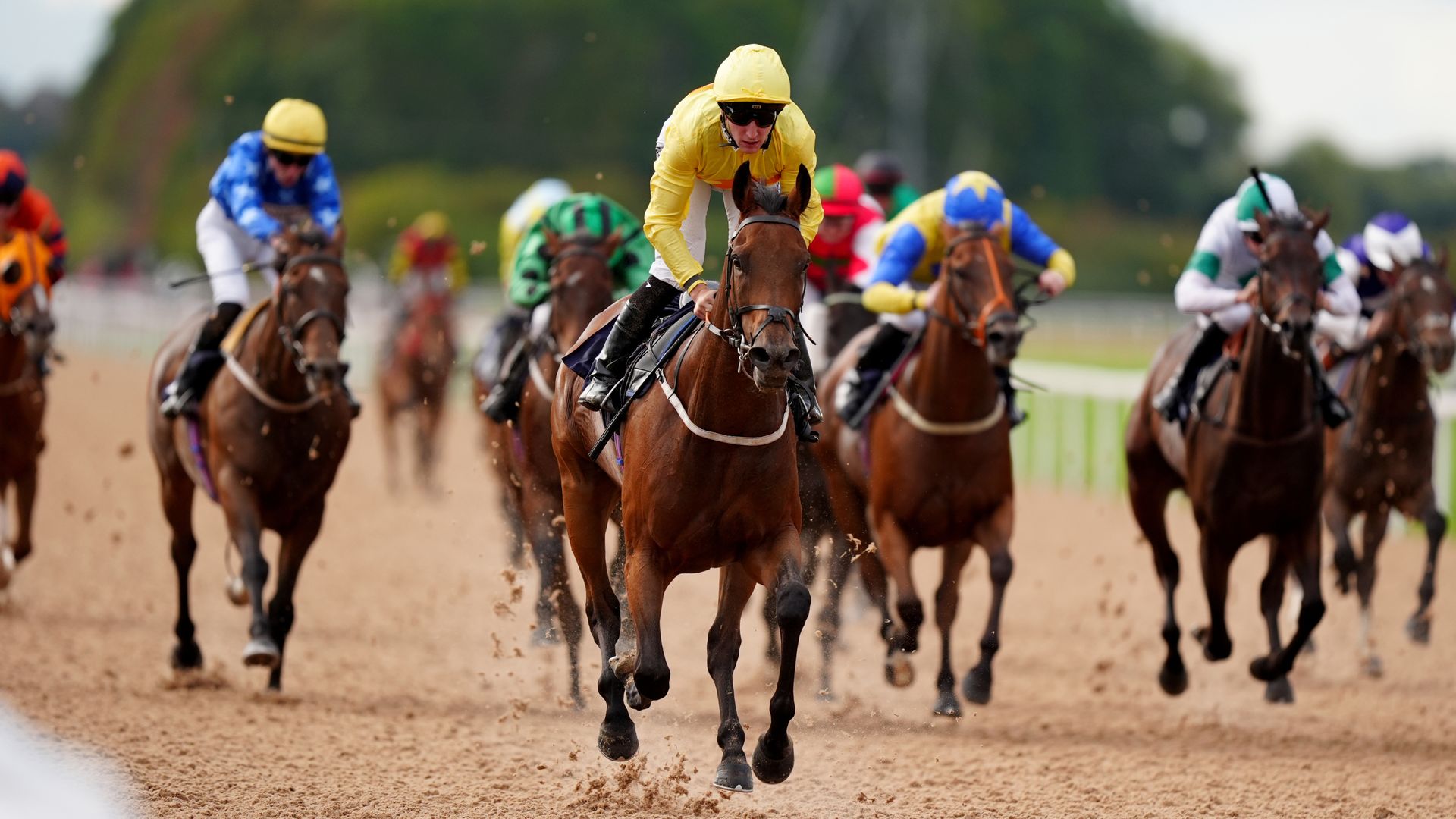Wrexham’s Clash with Coventry City: A Battle of the Underdogs in a World Divided by Wealth and Power!
The footballing world has always been a microcosm of broader societal themes, and the upcoming match between Wrexham and Coventry City is no exception. As two clubs with rich histories yet contrasting fortunes prepare to face off, the match serves as a lens through which we can examine the themes of class struggle, the impact of wealth in sports, and the relentless pursuit of glory against all odds.
Wrexham, a club steeped in history, has seen a renaissance in recent years, particularly following its acquisition by Hollywood actors Ryan Reynolds and Rob McElhenney. This unexpected investment has not only revitalized the club’s fortunes but has also drawn global attention, transforming Wrexham into a symbol of hope and ambition for smaller clubs everywhere. The narrative surrounding Wrexham’s rise is compelling: a team that once languished in the lower tiers of English football is now challenging the status quo, embodying the spirit of the underdog in a sport often dominated by wealthier clubs.
On the other hand, Coventry City, with its own storied past, represents the struggles faced by many traditional clubs in the modern era. Once a top-flight team with a loyal fan base, Coventry has faced financial difficulties, relegation, and a turbulent relationship with its home ground. The club’s journey reflects the harsh realities of football where financial mismanagement and external pressures can lead to a dramatic fall from grace. The juxtaposition of Wrexham’s recent rise and Coventry’s ongoing struggles paints a vivid picture of the disparities that exist within the sport.
As the match approaches, discussions around the financial implications of football become increasingly relevant. The influx of cash into clubs like Wrexham raises questions about the sustainability of such investments and whether they can truly level the playing field. Critics argue that the presence of wealthy owners can create an uneven landscape where smaller clubs are left to fend for themselves, struggling to compete against teams with deep pockets. This dynamic is reminiscent of broader societal issues where wealth disparity can dictate opportunities and outcomes, leading to a divide that is often difficult to bridge.
Moreover, the narrative of Wrexham’s resurgence can be likened to the classic tale of David versus Goliath, where the underdog faces an uphill battle against a more established opponent. Fans of both clubs are likely to feel a deep sense of pride and loyalty as they rally behind their teams, but the implications of this match extend beyond mere footballing rivalries. It challenges the notion of traditional power structures within the sport and raises questions about what it means to be a supporter in a world where financial might often trumps historical legacy.
The match is not just a game; it is a reflection of the ongoing struggle between tradition and modernity in football. As Wrexham and Coventry City take to the pitch, they will represent more than just their clubs; they will embody the hopes and dreams of countless fans who see their own struggles mirrored in the fortunes of their teams. The outcome will resonate far beyond the final whistle, sparking debates about the future of football, the role of money in sports, and the enduring spirit of competition.
In the days leading up to the match, anticipation builds among fans and analysts alike. The narratives surrounding both clubs will be examined in detail, with commentators exploring the implications of Wrexham’s Hollywood ownership and Coventry’s fight for stability. These discussions will delve into the financial realities of modern football, the impact of media attention on smaller clubs, and the potential for grassroots initiatives to reclaim some of the lost ground in an increasingly commercialized sport.
As the teams prepare to clash, the stakes are high—not just for the points on the table, but for the very identity of football itself. The match will serve as a battleground where ideals of fairness, opportunity, and passion will be tested against the backdrop of financial realities. The outcome may influence how fans perceive their clubs and their place within the sport, prompting deeper reflections on loyalty, identity, and the future of football in an era defined by economic disparity.
In conclusion, the Wrexham vs. Coventry City match transcends the realm of sport, inviting us to engage with the broader themes of society, class, and the relentless pursuit of success. As both teams take to the pitch, they will not only compete for victory but also for the hearts and minds of those who see their own stories reflected in the beautiful game. The implications of this match will resonate long after the final whistle, shaping the narrative of football in ways we are only beginning to understand.




